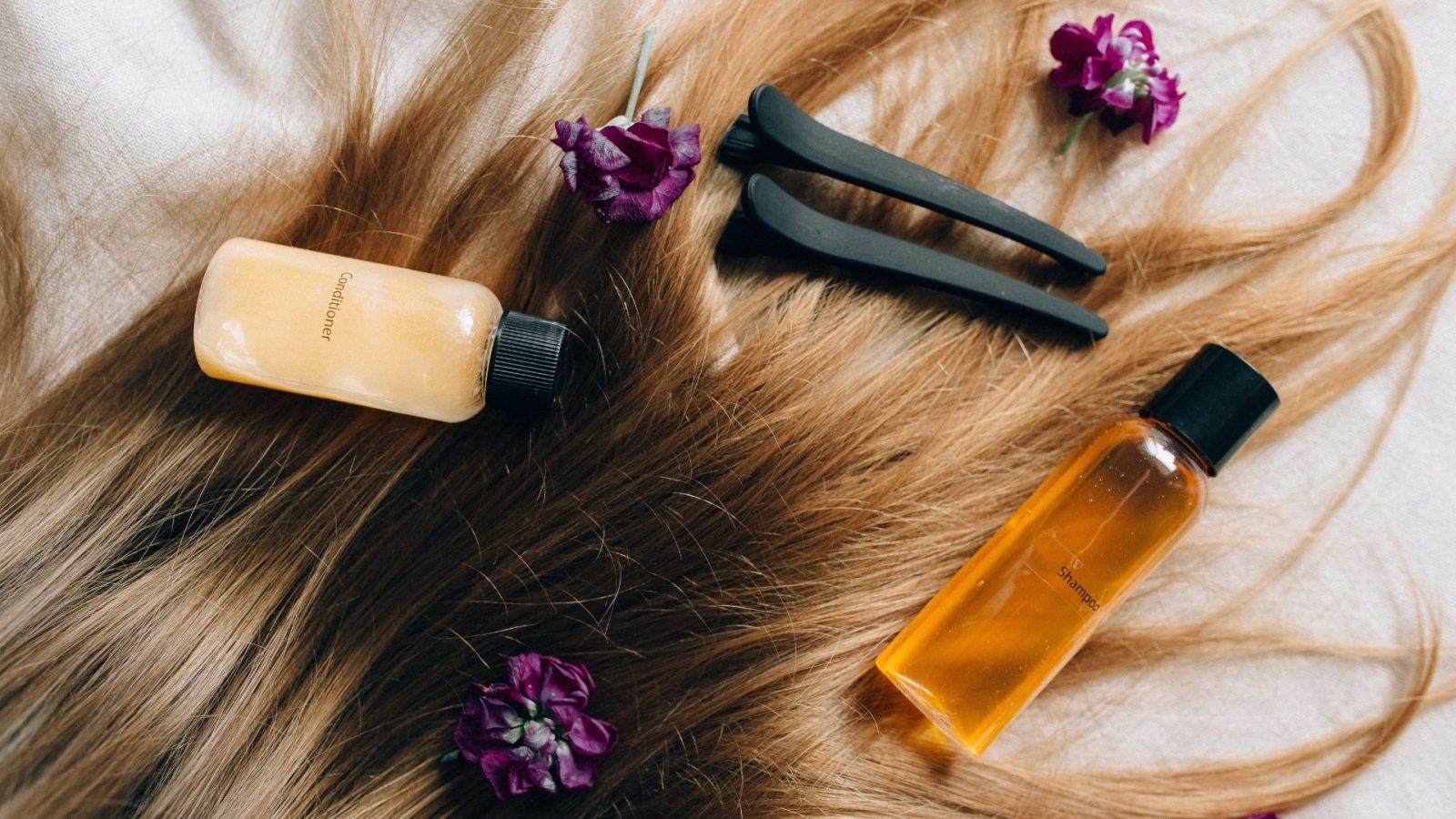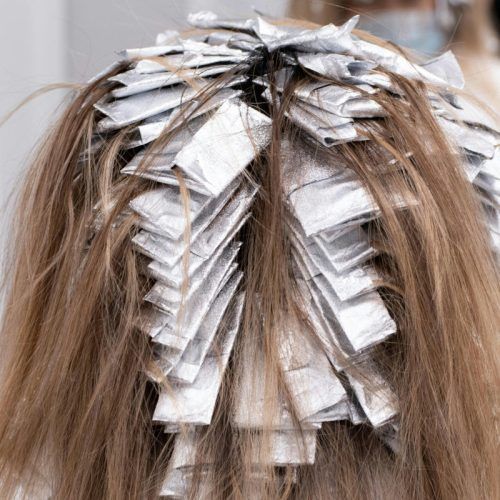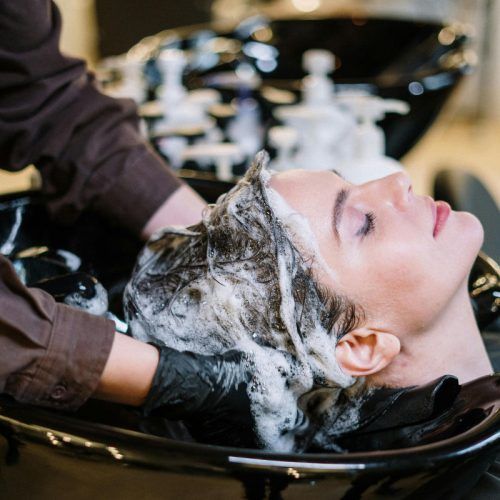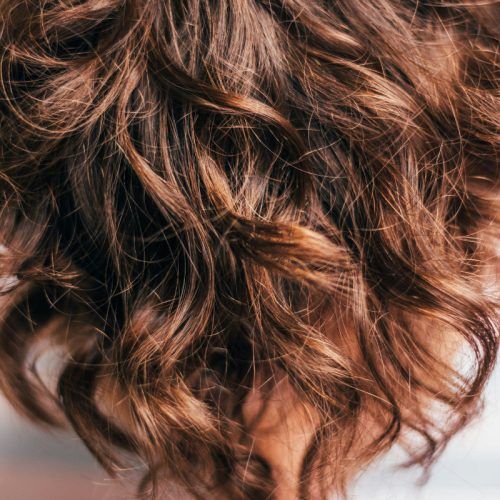An itchy scalp can be an infuriating and uncomfortable experience, causing persistent scratching that not only irritates the scalp further but also impacts your overall well-being. While there are numerous commercial products available for addressing this issue, many individuals prefer natural, home-based remedies due to their gentleness and minimal risk of side effects. In this article, we delve into the causes of an itchy scalp and explore some of the most effective home remedies to provide relief.
Understanding the causes of itchy scalp
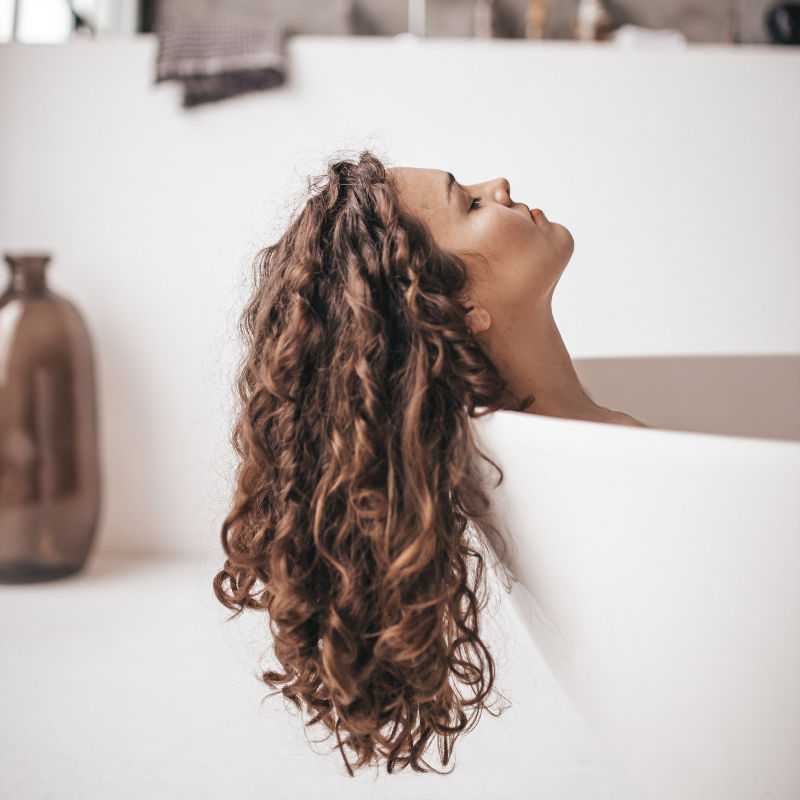
Before delving into home remedies, it’s essential to understand the potential causes of an itchy scalp. Several factors can contribute to this issue:
Dry Scalp
Dry scalp results from inadequate moisture, leaving skin parched and itchy. Cold weather, excessive shampooing, and harsh products strip the scalp’s natural oils, vital for protection. Without this shield, skin becomes dry and prone to itching, especially in cold, low-humidity conditions.
Dandruff
Dandruff, recognisable by those white shoulder specks, has a complex origin. It’s linked to Malassezia, a yeast-like fungus naturally present on the scalp. Sometimes, it overgrows, causing irritation. Malassezia feeds on sebum, hair follicle oil, producing oleic acid. This byproduct can trigger inflammation, accelerating skin cell shedding and flake formation. Itching, aggravated by dry scalp, is a common outcome.
Seborrheic Dermatitis
Picture dandruff in overdrive—seborrheic dermatitis. It goes beyond flaking, featuring red, inflamed skin and prominent shedding. It’s like an inflammatory reaction to Malassezia fungus overgrowth. This leads to intense shedding and patches of red, scaly skin. While starting on the scalp, these patches can extend to oil-rich areas like the face and chest. The intense itching can be deeply uncomfortable, disrupting daily life.
Contact Dermatitis
It arises when the scalp reacts negatively to chemicals in hair products like shampoos, conditioners, and dyes. Striving for luscious locks can lead to allergic responses, with itching, redness, and irritation as telltale signs. Even trusted products can trigger this when formulations change or sensitivities arise.
Psoriasis
Psoriasis, an autoimmune skin condition, can impact the scalp. Red, scaly patches appear, provoking notable itching. This condition results from excessive skin cell multiplication, causing scale buildup and characteristic plaques. These plaques cause discomfort, itchiness, and even pain.
Fungal Infections
Beyond dandruff and seborrheic dermatitis, fungal infections can also be the culprits behind an itchy scalp. Ringworm, caused by various types of fungi, can lead to itching, redness, and the development of circular rashes. These infections thrive in warm and moist environments, making the scalp an ideal breeding ground if not properly cared for.
Lice or Parasites
The thought of lice or other parasites crawling on the scalp is undoubtedly unsettling. These tiny intruders can indeed lead to intense itching. The itching is not a direct result of the lice’s bites, but rather an allergic reaction to their saliva. The body’s immune response to this foreign substance can cause the scalp to become red, irritated, and unbearably itchy.
Stress and Anxiety
Mind and body are intertwined. Stress and anxiety, potent mental triggers, can also impact the scalp physically. Elevated stress prompts hormonal shifts, affecting the body’s immune response. On the scalp, this can cause inflammation and irritation, leading to itching. Stress’s psychological strain can intensify itch perception, fueling a cycle of discomfort.
Effective home remedies for treating an itchy scalp
Coconut Oil
Coconut oil is a natural emollient that moisturises the scalp and helps reduce dryness. Its anti-fungal and antibacterial properties also make it effective against dandruff and fungal infections.
Tea Tree Oil
Known for its anti-fungal properties, tea tree oil can help manage dandruff and reduce scalp itchiness. However, it should be used in diluted form, as it can be potent and might cause irritation if applied directly.
Aloe Vera
Aloe vera’s soothing and anti-inflammatory properties make it an excellent choice for calming an itchy scalp. It helps alleviate irritation and promotes healing.
Apple Cider Vinegar
Diluted apple cider vinegar can restore the scalp’s pH balance, reducing itchiness. It also has antibacterial properties that can combat infections.
Oatmeal
Oatmeal has anti-itch and anti-inflammatory properties. Applying an oatmeal paste or using oatmeal-based shampoos can provide relief from itching.
Yogurt
Yogurt contains probiotics that can help restore the balance of the scalp’s microbiome, potentially reducing itching and inflammation.
Baking Soda
Baking soda’s exfoliating properties can help remove dead skin cells and relieve itching. However, it should be used sparingly to avoid over-drying the scalp.
Essential Oils
Besides tea tree oil, other essential oils like lavender, chamomile, and peppermint can have soothing effects on the scalp when mixed with carrier oils and applied in moderation.
Prevention and Precautions
Choose Mild Hair Products: Opt for gentle, sulphate-free shampoos and conditioners to avoid stripping the scalp of its natural oils.
Maintain Hygiene: Regularly wash your hair to prevent buildup of dirt, oil, and sweat that can contribute to itchiness.
Balanced Diet: A diet rich in nutrients like vitamins A, E, and omega-3 fatty acids supports scalp health.
Stress Management: Practicing stress-reduction techniques like meditation, yoga, or deep breathing can help alleviate scalp discomfort caused by stress.
Persistent and severe itching, redness, or the presence of open sores on the scalp might indicate an underlying medical condition that requires professional attention. If home remedies do not provide relief or if the condition worsens, it’s advisable to consult a dermatologist.
Conclusion
An itchy scalp can be a bothersome issue, but with the right knowledge and home remedies, relief is within reach. Understanding the causes of itchiness, opting for natural remedies, and maintaining a healthy scalp care routine can help you bid farewell to discomfort and embrace a more soothing and comfortable scalp.
Hero Image: Courtesy Pexels; Featured Image: Courtesy Unsplash
Frequently Asked Questions (FAQs)
- Can I use essential oils for an itchy scalp?
Certainly, essential oils can be beneficial for addressing an itchy scalp. Essential oils like tea tree, lavender, and chamomile possess anti-inflammatory and soothing properties that can help alleviate itchiness. However, it’s important to use them properly and in diluted form to avoid potential skin irritation.
- How often should I use these home remedies?
The frequency of using home remedies depends on the specific remedy and your individual scalp condition. Generally, starting with 2-3 times a week and adjusting as needed is a good approach. Pay attention to how your scalp responds and make adjustments accordingly.
- Are there any risks associated with using home remedies for an itchy scalp?
While home remedies are generally safe, there can be risks, especially if you’re allergic to certain ingredients. Always perform a patch test before applying any remedy to your entire scalp. If you experience any adverse reactions like redness, swelling, or increased itching, discontinue use.
- Can I combine different home remedies?
Combining different home remedies can be effective, but it’s wise to do so cautiously. Some ingredients might not interact well or could cause irritation. Start with one remedy at a time before considering combinations.
- How long does it take to see results from home remedies?
Results vary depending on factors like the severity of the issue and the chosen remedy. Mild relief might be noticeable after a few applications, but substantial results might take a few weeks of consistent use.
- Can I use these home remedies if I have a scalp condition like psoriasis or eczema?
For individuals with scalp conditions like psoriasis or eczema, it’s essential to consult a dermatologist before using home remedies. These conditions require specialised care, and certain ingredients could exacerbate the issue.
- When should I consult a healthcare professional?
Consult a healthcare professional if your scalp itchiness persists despite using home remedies, if you notice worsening symptoms, or if you develop new symptoms like pain, bleeding, or infections. If you have an existing medical condition or are pregnant, it’s also a good idea to seek professional advice before trying new remedies.

